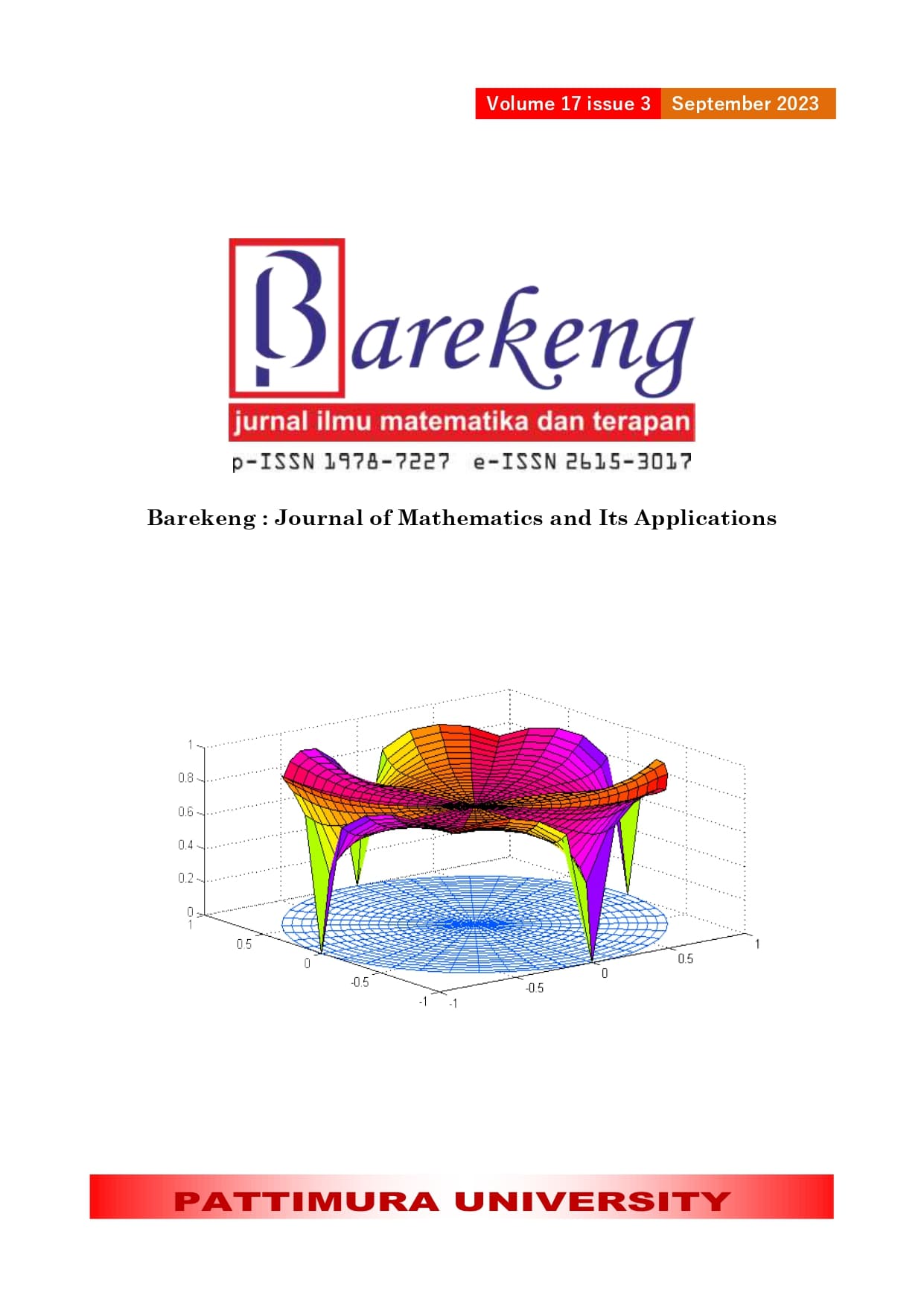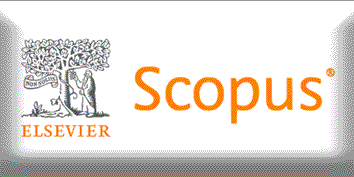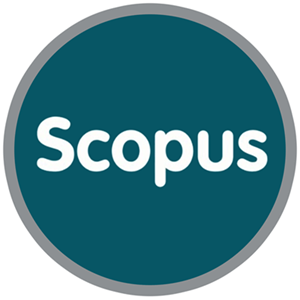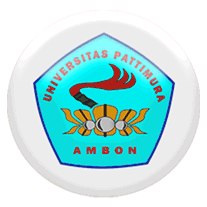STUDY TIME CLASSIFICATION OF MATHEMATICS AND INFORMATION TECHNOLOGY DEPARTMENT OF KALIMANTAN INSTITUTE OF TECHNOLOGY USING NAÏVE BAYES ALGORITHM
Abstract
Institut Teknologi Kalimantan (ITK) is one of the state universities in Indonesia which has 5 majors, one of them is the Department of Mathematics and Information Technology (JMTI). JMTI has six study programs, and only three study programs have graduates, namely Mathematics, Information Systems, and Informatics. Every year the number of new students continues to grow, but this is not proportional to the number of graduates, because some students study for more than 8 semesters. Because of this, the quality of study programs being poor. In this research, a model was built that could classify student study timeliness, using the naïve Bayes algorithm. The data used is data from JMTI student graduates from the 2013 to 2019 batch. The 2013 to 2018 batch data will be training data and validation data, while the 2019 batch data will be testing data. This research compare accuracy and F1-score naïve Bayes algorithm without correlation and with correlation. The best model obtained from training data is a model with variables that have gone through a correlation test, namely 70:30, 80:20, and 90:10. The attributes selected after the correlation test, namely, IP Tahap Bersama, GPA, Final GPA, Length of Study (Semester), dan Graduation GPA (Category), yield results for accuracy and an F1-score of 1.
Downloads
References
W. N. Putri, "Pengaruh Media Pembelajaran Terhadap Motivasi Belajar Bahasa Arab Siswa Madrasah Tsanawiyah," Lisania, 2017.
itk.ac.id, "Tentang ITK," 2022. [Online]. Available: https://itk.ac.id/home/tentang-itk/. [Accessed 21 September 2022].
Wikipedia, "Institut Teknologi Kalimantan," 2022. [Online]. Available: https://id.wikipedia.org/wiki/Institut_Teknologi_Kalimantan. [Accessed 19 September 2022].
D. Heryana, DATA MINING UNTUK MEMPREDIKSI KELULUSAN MAHASISWA PENDIDIKAN MATEMATIKA UIN RADEN INTAN LAMPUNG MENGGUNAKAN NAIVE BAYES, Lampung: UNIVERSITAS ISLAM NEGERI RADEN INTAN, 2019.
N. M. M. Alfitri and E. Mashamy, "Klasifikasi Data Penduduk Untuk Menerima Bantuan Pangan Non Tunai Menggunakan Algoritma Naïve Bayes," Jurnal Riset Komputer, vol. 9, pp. 1035-1043, 2022.
M. Y. Putra and D. I. Putri, "PEMANFAATAN ALGORITMA NAÏVE BAYES DAN K-NEAREST NEIGHBOR UNTUK KLASIFIKASI JURUSAN SISWA KELAS XI," Jurnal Teknokompak, vol. 16, pp. 176-187, 2022.
N. Gogtay and U. Thatte, "Principles of Correlation Analysis," Journal of The Association of Physicians of India, vol. 65, pp. 78-81, 2017.
D. Edelmann, T. F. Móri and G. J. Székely, "Onrelationships between the Pearson and the distance correlation coefficients," Statistics and Probability Letters, vol. 169, 2021.
Bustami, "Penerapan Algoritma Naïve Bayes Untuk Mengklasifikasi Data Nasabah Asuransi," Jurnal Informatika, pp. 884-898, 2014.
A. Luque, A. Carrasco, . A. Martín and A. d. l. Heras, "The impact of class imbalance in classification performance metrics based on the binary confusion matrix," Pattern Recognition, vol. 91, pp. 216-231, 2019.
K. Barkved, "How To Know if Your Machine Learning Model Has Good Performance," 9 March 2022. [Online]. Available: https://www.obviously.ai/post/machine-learning-model-performance.
Harikrishnan, "Confusion Matrix, Accuracy, Precision, Recall, F1 Score," 2019. [Online]. Available: https://medium.com/analytics-vidhya/confusion-matrix-accuracy-precision-recall-f1-score-ade299cf63cd. [Accessed 24 September 2022].
developers.google.com, "Machine Learning," 2022. [Online]. Available:https://developers.google.com/machine-learning/data-prep/construct/sampling-splitting/imbalanced-data [Accessed 24 September 2022].
B. Krawczyk, "Learning from imbalanced data: open challenges and future directions," Progress in Artificial Intelligence, vol. 5, pp. 221-232, 2016.
A. Fernández, S. García, M. Galar, R. C. Prati, B. Krawczyk and F. Herrera, Learning from Imbalanced Data Sets, Springer Cham, 2018.
Copyright (c) 2023 Fatrysia Wikarya Sucipto, Ramadhan Paninggalih, Indira Anggriani

This work is licensed under a Creative Commons Attribution-ShareAlike 4.0 International License.
Authors who publish with this Journal agree to the following terms:
- Author retain copyright and grant the journal right of first publication with the work simultaneously licensed under a creative commons attribution license that allow others to share the work within an acknowledgement of the work’s authorship and initial publication of this journal.
- Authors are able to enter into separate, additional contractual arrangement for the non-exclusive distribution of the journal’s published version of the work (e.g. acknowledgement of its initial publication in this journal).
- Authors are permitted and encouraged to post their work online (e.g. in institutional repositories or on their websites) prior to and during the submission process, as it can lead to productive exchanges, as well as earlier and greater citation of published works.






1.gif)



